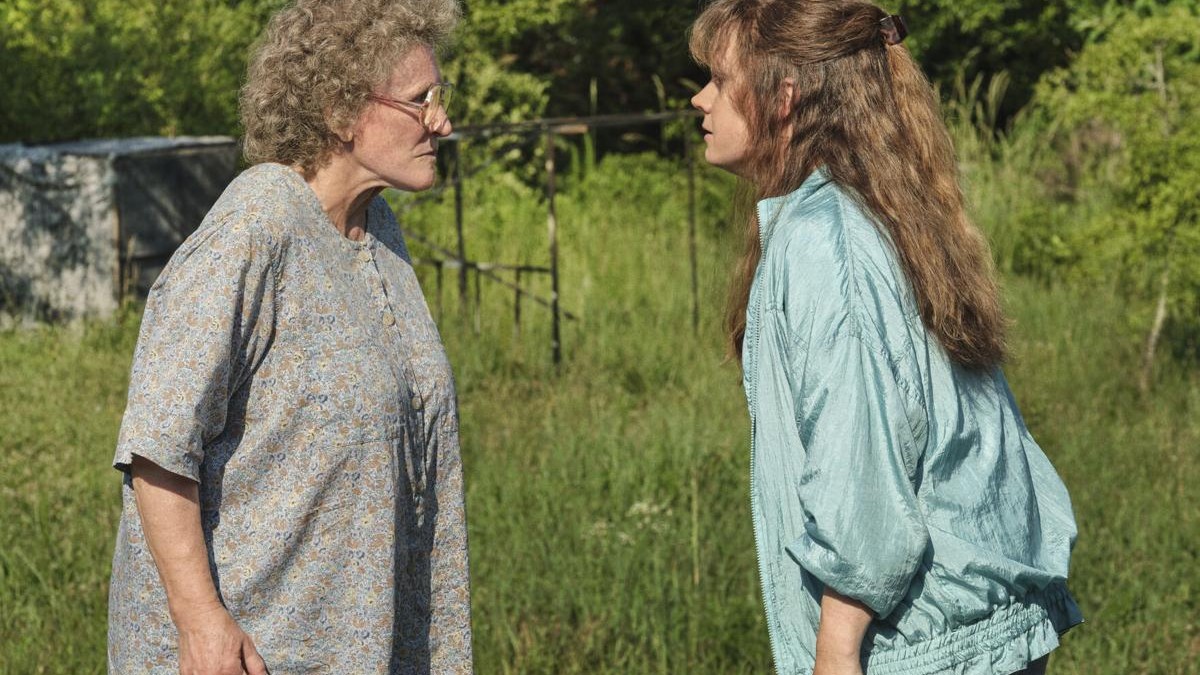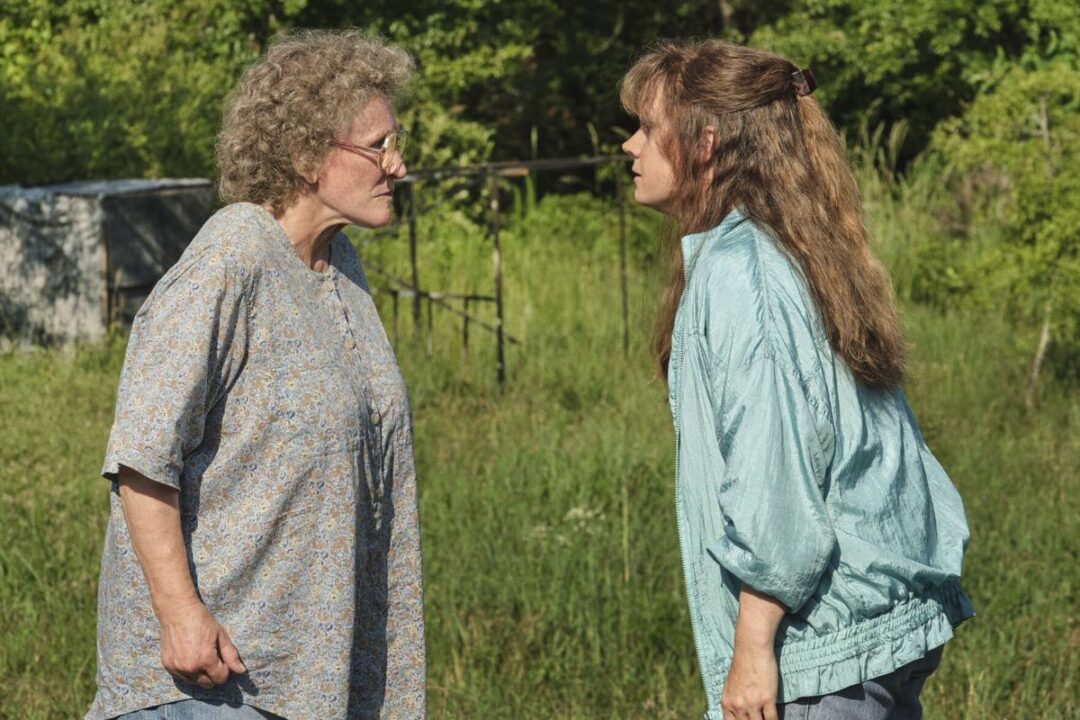Based on the 2016 memoir written by J.D. Vance, Hillbilly Elegy has all of the traditional markings of an Academy Award contender: an American “rags-to-riches” adaptation told through voice-over and flashbacks; directed by Academy favorite Ron Howard; and starring a nearly unrecognizable Glenn Close (who will most likely be receiving her eighth Oscar nom). To be frank, this formula should have been a shoo-in, especially after Green Book (somehow) won Best Picture in 2019.
If I were setting out to write a more critical review, I could boil my thoughts on this latest Netflix release down to a single word: Skip. And while it’s easy to dismiss a film that delivers a hollow execution of “poverty porn,” and misses the mark on examining true human depth, I want to talk about what Hillbilly Elegy does offer: a reflection on generational disappointment, and when it might actually be okay to ignore our programmed beliefs to unconditionally appease our parents (sorry, Mom).
J.D. Vance (Gabriel Basso) is a diamond in the rough–a smart kid who attends Yale Law School and holds a steady relationship with his equally ambitious girlfriend, Usha (Freida Pinto).
The only male in a family full of women, J.D.’s masculinity has always been called upon in times of need. His mother, Bev (Amy Adams), is an emotionally abusive drug addict who seems to confuse motherhood with a live-in rescuer, as she turns to J.D. to consistently bail her out of tough situations. J.D.’s grandma–whom he affectionately calls Mamaw (Glenn Close)–steps in as his guardian, her disappointment in Bev’s absence made clear. Time and time again, J.D. is compelled to save his mother from herself, but his lack of seeing her as her own person–and not his responsibility–isn’t just hurting her recovery, it’s holding him back as well.
As children, we’re taught to respect authority. In a perfect world, we would never have a reason to second-guess the words and actions of those who raised us. However, just because someone has the title of “parent,” doesn’t mean they are immune from giving bad advice, deploying manipulative tactics, and acting in selfish ways. Add “drug addict” to the innate fallibility of being a human being, and what we can get from a parent is indeed a deeply flawed individual. The hardest part for any person–let alone a child–is realizing that you are allowed to disagree with and disappoint those that don’t serve you and your needs; even if you are bonded by blood.
Addiction is a selfish disease, as it affects both the addict and their families. J.D. is so afraid of upsetting his mother that he almost risks the opportunity to advance in his own law career, better his own life, and break out of the cyclical trauma. Consciously or not, by Bev relying on J.D. to save her time and time again, she is keeping him trapped in the endless cycle of despair. She knows their bond as mother and son is irreplaceable, and uses his sympathy to her advantage.
Through flashbacks, we also see that Mamaw was physically and emotionally abusive throughout Bev’s childhood. Anger, despair, and disappointment have been passed down through multiple generations and unless J.D. is strong enough to reject this behavior, the pattern will continue.
It’s not easy to go against a parent’s wishes. Like me, I’m sure there have been plenty of times that you’ve done something that your parents weren’t too thrilled about. Various high school moments come to mind, but those stories are for other times. And while it is perfectly acceptable and normal to have differences, what Hillbilly Elegy reminds us is that we can have love for someone without giving up our own lives in order to please them.
Morgan Rojas
Certified fresh. For disclosure purposes, Morgan currently runs PR at PRETTYBIRD and Ventureland.


